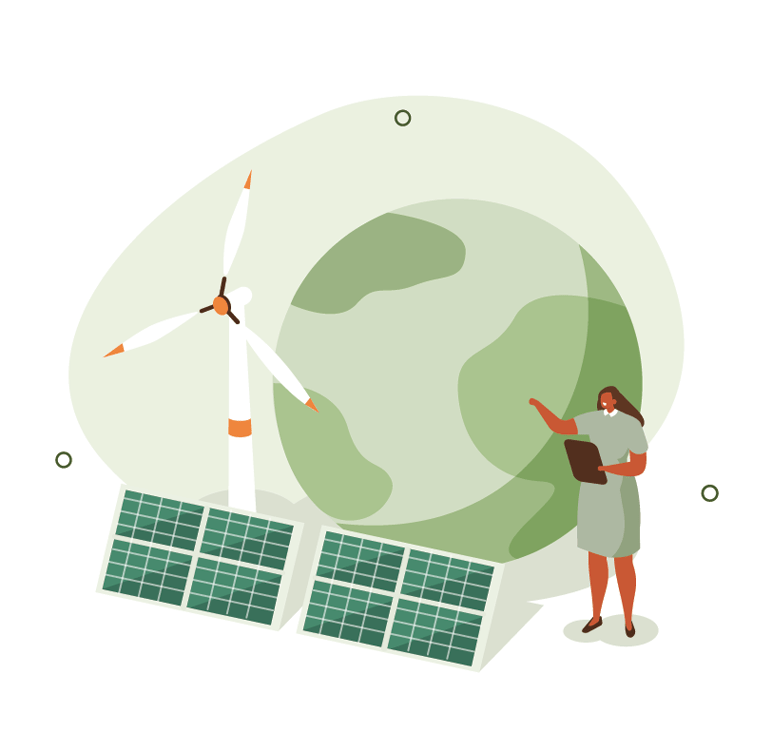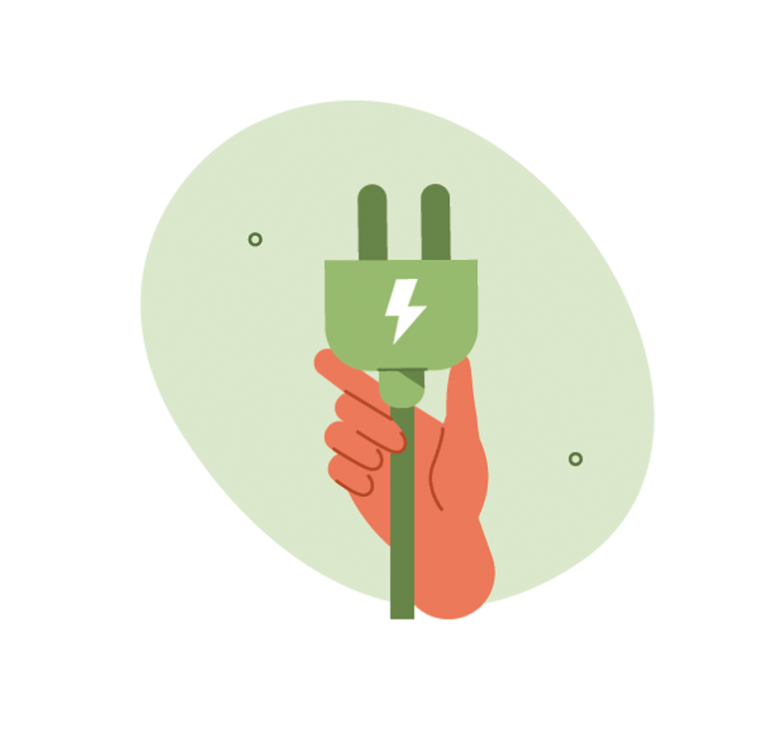Are Solar Panels worth it

Considering going solar but are left questioning are solar panels worth it? Solar panels can significantly reduce your energy bills and your carbon footprint. Let’s delve into the details to help you decide if they’re the right fit for your home.
What are solar panels
Solar panels harness sunlight to generate electricity. While they require an initial investment of anywhere between £5,000-£11,000, they can lead to long-term savings and environmental benefits, making them an attractive option for eco-conscious homeowners.
The solar panel systems consist of several panels – or layers. These layers are made of semi-conducting material which means when light shines upon them a flow of electricity is generated. It’s a common myth that you must have bright sunshine for solar panels to work – even on a cloudy day they will work!
For those who want to know a little bit more, the Energy Saving Trust go on to explain how the panels ‘generate direct current electricity [then via an inverter] converts this to alternating current electricity. AC electricity is what we all use for appliances and lighting.
Financial benefits of solar panels
Despite the upfront costs, solar panels can pay for themselves over time through reduced energy bills and potential income from selling surplus energy back to the grid. These long-term financial benefits can make the initial investment well worth it.
For instance, you may generate electricity from the solar panels that you don’t require. You can sell this surplus back to the grid using a SEG tariff – also known as a Smart Export Guarantee.
First and foremost, you can use the electricity your panels generate, and so reduce your bills. Savings depend on system size, electricity use, whether you’re at home during the day to use the energy you’re producing and other factors.
But based on Energy Saving Trust, they reckon a typical household with a 3.5 kilowatt-peak system can knock between £155 and £400 a year off bills at the current Energy Price Cap rates.
FinaticalFacts
Reducing your carbon footprint is the number one environmental impact of using solars panels. A typical household with a standard home solar panel system could be saving 800kg of carbon a year.

Is my house suitable for solar panels
Your roof’s direction, pitch, and shading can impact the efficiency of your solar panels. It’s essential to conduct a thorough assessment to determine if your home receives adequate sunlight throughout the day to make the investment worthwhile.
If your roof is south facing this is preferred but not essential – but do bear in mind that shading could be caused by chimneys, trees or other neighbouring buildings.
it’s worth noting though that a simple installation of solar panels may only take up 2-3 days of your time. Not only that, but if correctly installed and maintained these can last for around 25 years!
Explore government incentives and schemes
Explore government initiatives such as the Feed-in Tariff (FIT) and the Smart Export Guarantee scheme as mentioned earlier, which can provide financial incentives for generating solar energy. These schemes can significantly contribute to the financial viability of installing solar panels.
Environmental impact of using solar panel
Reducing your carbon footprint is the number one environmental impact of using solars panels. A typical household with a standard home solar panel system could be saving 800kg of carbon a year.
Conclusion
While the decision to invest in solar panels involves careful consideration of various factors, the potential financial savings, environmental benefits, and government incentives make them a compelling option for homeowners looking to embrace sustainable energy solutions.
At Finatical, we highly advise our readers to check out the Energy Saving Trust’s Solar Panel webpage which has far more in-depth detailing including

George is the founder of Finatical and currently resides in Cardiff. He began writing for online sports websites and magazines before having his Italian football book – Calcio’s Greatest Forwards – published. Having graduated from Cardiff University, he went on to work for Yahoo! Sport, The i Paper and now Confused.com










